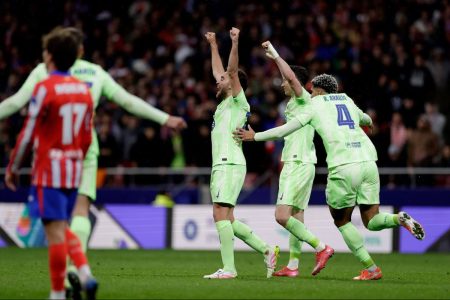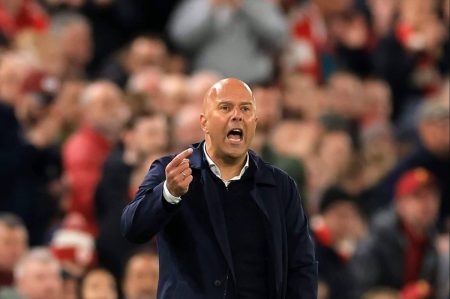The Chicago Cubs made a bold but ultimately unsuccessful bid to sign All-Star third baseman Alex Bregman during the 2025 offseason, as the slugger chose to join the Boston Red Sox instead. Despite a lengthy negotiation process that extended into spring training, the Cubs were outbid by multiple teams in terms of contract length, average annual value, and total guaranteed money. Cubs president of baseball operations Jed Hoyer recognized the rare opportunity to add a two-time World Series champion to a team emerging from a multiyear rebuild and pitched the idea to the Ricketts family, the team’s ownership group. The Ricketts approved a four-year, $115 million offer, which included opt-out clauses after the second and third seasons. However, Bregman opted for a more lucrative deal with the Red Sox—a three-year, $120 million contract with opt-out clauses after each season and a significant amount of deferred money.
Hoyer expressed disappointment but not surprise at the outcome, acknowledging that Bregman’s decision was influenced by the Red Sox’s aggressive offer. The Cubs’ budget constraints made it unrealistic to match the $40 million average annual value that Boston offered. Hoyer emphasized that while the Cubs were willing to stretch their budget for a player of Bregman’s caliber, they couldn’t compete with the financial terms presented by the Red Sox. He praised Bregman as a “great player” and a “great fit” for the Cubs, but ultimately conceded that free agency often comes down to dollars and structure. The Cubs’ leadership approved a significant financial exception for Bregman, but it wasn’t enough to seal the deal.
The Cubs’ pursuit of Bregman was part of a larger effort to bolster their roster as they emerge from a rebuild. The team had already made notable moves, trading for Bregman’s former Houston Astros teammates Kyle Tucker and Ryan Pressly, signaling a sense of urgency to compete. Adding Bregman would have solidified the Cubs as heavy favorites to win the National League Central, one of baseball’s weaker divisions. Without him, the Cubs are still projected to be competitive, with one forecast giving them a 54.9% chance to make the playoffs. However, Bregman’s leadership and postseason experience would have significantly enhanced their chances, given his track record of reaching the playoffs in eight of his nine seasons with the Astros.
The financial implications of missing out on Bregman are clear. The Cubs had roughly $209 million committed to their roster for the 2025 season, and while they might approach the $241 million luxury-tax threshold, they are unlikely to make another major splash in free agency. Hoyer indicated that the funds allocated for a potential Bregman deal won’t be redistributed elsewhere, meaning the team will focus on smaller, complementary additions. Players like Justin Turner, Mark Canha, and J.D. Martinez could be targets to improve the team’s depth, but the Cubs won’t be pursuing anything on the scale of their failed bid for Bregman. Hoyer also noted that the team will remain opportunistic during the season, looking for ways to strengthen the roster as opportunities arise.
The Cubs’ inability to sign Bregman highlights the challenges of competing with larger-market teams like the Red Sox. While Chicago was willing to stretch its budget, the team’s philosophical avoidance of deferred contracts put them at a disadvantage. Deferred money allowed the Red Sox to lower the average annual value of Bregman’s deal, making it more palatable under the luxury tax. Hoyer acknowledged that the Cubs made the best offer they could given their financial constraints, but it wasn’t enough to land the star third baseman. He expressed gratitude to the Ricketts family for their willingness to approve the offer and remained optimistic about the team’s future, emphasizing that the current roster is close to what they’ll field this season.
In the end, the Cubs’ pursuit of Bregman serves as a reminder of the realities of free agency in Major League Baseball. While the team showed ambition in targeting one of the game’s top players, financial limitations and structural differences in contract offers ultimately doomed their efforts. Hoyer and the Cubs’ front office will now focus on making smaller, strategic moves to round out the roster, but the team’s inability to land Bregman leaves a missed opportunity to accelerate their rebuild and establish themselves as a dominant force in the National League. Despite the setback, the Cubs remain confident in their current roster and are poised to compete in a wide-open NL Central division.









